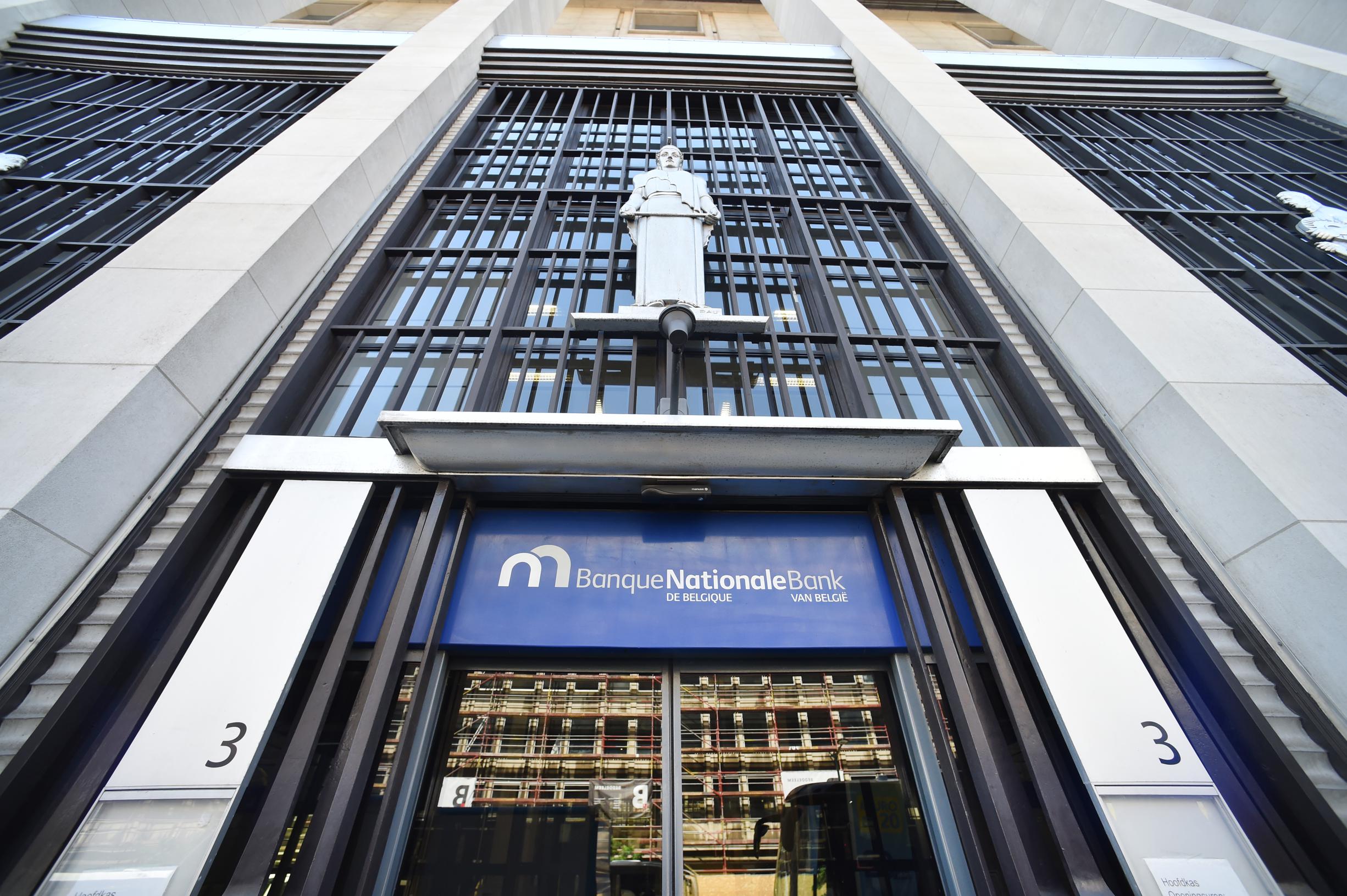The National Bank’s share, half owned by the government, was suspended from the stock exchange at the request of that bank. This is pending a press release. A significant profit warning is expected.
–
It is currently not possible to trade in SNB shares. It has come under increasing pressure lately. It recently traded at around € 1,500, the lowest price in over 20 years. In better times, however, it reached a price of 4,000 euros.
The fall in the share price has to do with the turnaround in the interest rate market. Central banks raise interest rates to curb inflation. During the pandemic, they flooded the market with cheap money.
Income becomes expenses
Central banks made money out of all that cheap money. This worked as follows: ordinary banks parked the excess money with central banks and had to pay a penalty interest of 0.50 percent. Since September, the National Bank has had to repay that money because the European Central Bank (ECB) made the money more expensive in an effort to fight inflation.
The more the ECB raises the short-term interest rate, the greater the interest the SNB will have to pay on the deposits parked with it. The ECB’s deposit rate is now 0.75 per cent, but is expected to rise significantly. In practice, the revenues of the last few years have now become expenses. Expenses are rising rapidly. A world of difference.
There is also the effect that the gigantic bond portfolio that was bought during the pandemic produces almost no interest because the market interest rate was deliberately kept low at that time. In short, the government will feel it in the dividends it receives from the national bank.
The SNB’s dividend for private shareholders, on the other hand, largely depends on the proceeds of a so-called legal portfolio. It is an investment portfolio of over 7 billion, consisting mainly of bonds and also shares of the Bank for International Settlements (BIS). But that portfolio is also affected by the trend in the interest rate market and hence the dividend will decrease.
A press release is expected to provide further details on this in the wake of an explanation the Dutch central bank already provided yesterday. Thereafter, trading in NBB shares can resume.
Shock in Holland
In the Netherlands, concrete figures are already circulating on the consequences of the interest rate reversal for the Dutch central bank. The DNB warned the Dutch government yesterday that it will end in the red due to the rapid rise in interest rates and therefore will not be able to pay a dividend to the state. Losses are expected to rise to around € 9 billion up to and including 2026, DNB chief Klaas Knot said in a letter to Dutch finance minister Sigrid Kaag.
Unlike the NBB, the DNB is not listed on the stock exchange. Our National Bank is and, as is well known, the subject of legal proceedings by disgruntled minority shareholders who believe that the government – which owns 50% of the shares – is systematically penalizing small investors.
–


